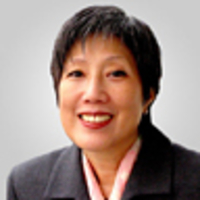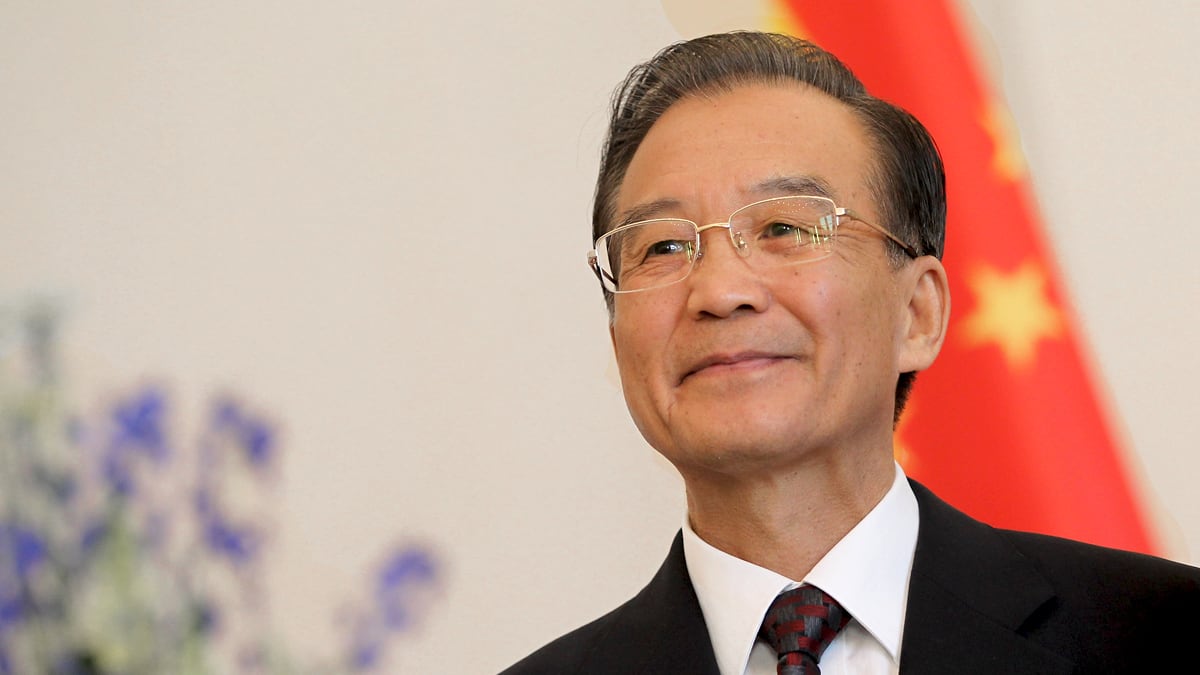On Oct. 25, an audience of 1,500 at Nankai high school in Tianjin turned out to hear the popular Chinese Premier Wen Jiabao give a talk at the school where he’d studied 51 years ago. Wen told of his hardscrabble roots, of how his father hocked his wristwatch to buy medicine when Wen fell ill, of how his family of five lived in a nine-square-meter room. The auditorium fell silent when Wen turned to the subject of the 1966-1976 Cultural Revolution, one of the nation’s most controversial periods. He said, “My family suffered constant attacks in the successive political campaigns” after he went to high school. For the first time, the premier revealed details of how his grandfather and father, both educators, were victimized by radical Red Guards.
Until now, Chinese leaders have rarely talked about how their families fared during the chaos unleashed by Mao Zedong in the Cultural Revolution. Senior officials normally observe a longstanding political taboo by skirting around such tales of torment. Now, Wen Jiabao has broken that taboo in what some analysts believe is a veiled warning to China’s future leaders not to repeat the mistakes of history, reported the Telegraph.
The 69-year-old premier talked publicly about how his grandfather, a primary school teacher, was compelled to write incessant “self-criticisms” before his death at the height of the Cultural Revolution. These often-humiliating documents were routinely required of intellectuals during that era (and sometimes extracted under extreme duress) to reinforce their loyalty to Mao. “Now the school where he taught still keeps his dossier … filled with one self-criticism after another, written in small neat characters,” Wen revealed.

The Cultural Revolution remains a neuralgic political topic because it reflects poorly on Mao, who presided over that decade but is revered by many Chinese as their nation’s “Great Helmsman.” During that decade, youthful Red Guard radicals rampaged through the country, sowing violence and terror. Universities were shuttered, professors imprisoned in cowsheds, and violent factional struggles manipulated to consolidate Mao’s political control. Millions of Chinese were persecuted, especially intellectuals labeled “revisionist,” feudal, or bourgeois. Even today, the government wiggles around Mao’s responsibility for the Cultural Revolution with an ambiguous formula that declares his achievements to have been “70 percent good, 30 percent bad.”
Mainstream media accounts of that period that are deemed to be too emotionally raw are censored. In August when the Chinese and American vice presidents met in China, Vice President Xi Jinping—who’s slated to become China’s top leader next year—mentioned to visiting American Vice President Joseph Biden that Maoist Red Guards had treated his family badly, according to a source who requested anonymity because of the sensitivity of the topic. However the Chinese interpreter neglected to translate Xi’s comment fully into English.
Premier Wen’s comments are notable not only because they were uttered in public, but also because some actually were published by Chinese media. (Even so, many domestic reports stuck to the non-controversial aspects of Wen’s visit, saying the premier exhorted Nankai students to maintain “lofty aspirations”). Wen was quoted as saying his grandfather died of a cerebral hemorrhage in 1960 and “I was the one who carried him on my back to the hospital.”
That same year Wen’s father, also a teacher, was investigated for so-called historical problems, a euphemism for politically incorrect thoughts or deeds. Wen said his father—who passed away this year—was “an honest man, hardworking and diligent,” but was not allowed to teach any longer and was banished “to work on a farm on the outskirts of the city tending pigs.” When Wen passed his college entrance exams—allowing admission to institutions of higher education, which began re-opening in the late '70’s after the worst of the Cultural Revolution madness—he recalled that “the venue for me to say good-bye to my father was that very remote pig farm. He asked for leave to come home and help me pack [for college].”
Wen’s comments are in keeping with his recent campaign to lobby for greater political reforms. The premier is well-liked for his comparatively liberal image and avuncular style; his grassroots popularity is reflected in his nickname, “Grandpa Wen.” Over the past year, he’s called publicly for greater political reform—a term identified with political liberalization—and warned that the “excessive political control” of the Chinese communist party should be loosened. During a visit to Shenzhen last autumn, he said, “Without the safeguard of political reform, the fruits of economic reform would be lost.”
This string of comments—and his revelations about his family’s persecution during the Cultural Revolution—are seen as a veiled riposte targeted at communist party hardliners who favor tightening political control on the eve of a critical leadership succession, beginning next year, in which most of the country’s top leadership is slated to change.
Despite his popularity among ordinary Chinese, however, Wen lacks the political clout to push through a reformist agenda on his own. In making such startling statements, he could be hoping to shore up his own legacy before his term is up. (Both Wen and Chinese president and party head Hu Jintao are expected to retire during the two-stage succession which begins in 2012.) Moreover, Wen knows when to stop pushing the political envelope; he still has not talked in detail about the 1989 military crackdown on pro-democracy protesters in and around Tiananmen Square—another hot-button political topic. At the time Wen was close to former party head Zhao Ziyang, who was purged for appearing too sympathetic to protesters and spent the rest of his life under house arrest.
The fact that Wen’s words are often censored in domestic media has won him some sympathy among ordinary Chinese. In the fall of 2010 China’s state media organizations didn’t initially report his comments when Wen told CNN that “freedom of speech is indispensable for any country in the course of development … China will make continuous progress and the people’s wishes for and needs for democracy and freedom are irresistible.”
But news got out over the Internet, leading one dissatisfied Netizen to observe, “The people could not even hear the words of their premier. Even he doesn’t have freedom of speech.” Another Web user on a popular microblogging service complained that Wen’s “shocking speech about reform on CNN (was) blocked by the country’s main media outlets! Grandpa Wen, you are not fighting alone!” Unfortunately for Wen, grassroots popularity doesn’t equal power within the communist party, which remains dominated by conservatives who may become even more controlling as the succession kicks into gear.





